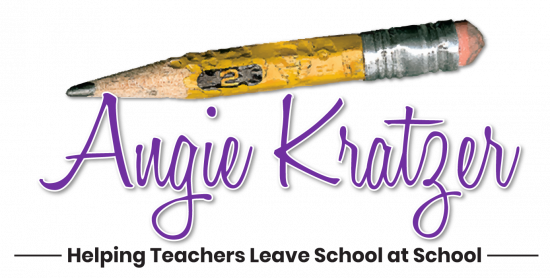
Me: I don’t have your essay, Trevor (Insert name of any disengaged male student)
Trevor: I didn’t do it.
Me: The last day to turn it in was yesterday.
Trevor: I know.
Me: Why didn’t you do it?
Trevor: I didn’t want to.
Me: Are you going to do it?
Trevor: No.
Me: You know that means a zero.
Trevor: Yeah.
Me: That will kill your average.
Trevor: I know.
Me: I’ll have to call home.
Trevor: Whatever.
That’s how the conversation goes, right? If you’ve had that exchange with a student, here’s your belief system:
1. All students care about grades.
2. The threat of a low grade will motivate a student.
3. An actual low grade will turn a student around and change his or her behavior.
4. If I do not give a zero for a missing assignment, a student will get away with something.
5. It is my job to teach responsibility by giving steep consequences for not turning in work.
Maybe you believe those five ideas because they were true for YOU. Consider these five reasons not to give zeros:
#1 By giving a zero for a missing assignment, a teacher is grading behavior, not skills or content knowledge. Is the zero a grade for rebellion? Non-compliance? If so, it should be a 100, right? The student has that skill set down.
#2 A zero skews a student’s average and gives an inaccurate picture of student understanding. If five standards-based assignments are given by the teacher, and the student scores 100 on four of them and 80 on the fifth, the student’s average is 96. If the student fails to do the fifth assignment and gets a zero, the average is 80. This student is demonstrating mastery on four of the five assignments, yet the average would indicate borderline proficiency.
#3 It is almost impossible to recover from a zero. If a student cannot redeem the score on one assignment, he or she will be playing catch up for the remainder of the grading period. The last thing you want in your classroom is a student who feels doomed.
#4 The teacher never gets to assess the skill. A zero means It’s over. I’ve had MANY students over the years take a zero instead of speaking in front of the class. Instead of challenging that student, modifying the assignment, offering a different audience, or providing a different opportunity to face a major fear, I gave a zero.
#5 A zero hurts the relationship. We all know that getting a teenager to do anything is an intricate, complex dance that involves subtle moves, gentle challenges, a little sweat, and a lot of heavy lifting. A zero throws your partner off the dance floor.
So now what? It’s simple: Require the work. My last four years in the classroom, I spent the first few weeks of school eating lunch in my room with students who did not have their homework. It wasn’t fun; it was work time. They brought their lunch or went to the cafeteria first, and I provided a note for them to get back up to my classroom. Nobody wanted to be stuck eating lunch with me. They had to watch me eat tofu and asparagus while they say beside me at my desk and worked on the task. It didn’t involve after-school time, so parents didn’t squawk. Teachers who had lunch duty got a heads up to let students come upstairs. Kids HATED it. At my school, students were allowed to use their cell phones at lunch. Lunch was the time they did their homework for afternoon classes. It was social time. Oh, and the upperclassmen who got to leave campus for lunch! The pain of it all!
Instead of giving zeros, I took away what they loved most: time with friends. The first month of school was torture for them and for me. I needed the down time as much as they did. However, once students realized what I was doing, they started turning in more work. By second semester, students had passed the word to my next group of students: Just do it the first time she assigns it.
It wasn’t a perfect plan. I had social misfits who chose not to turn in assignments just so they could avoid the cafeteria. There were some students who wouldn’t do homework no matter what. There were many, however, who saw the light and got the message. The message was this: I need to know what you know.

